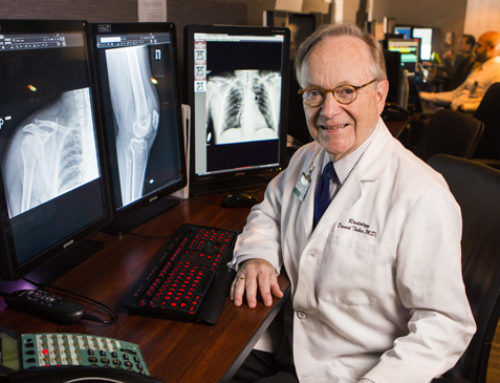Earlier intervention is an important treatment goal for the growing number of older patients at risk of atraumatic, or degenerative, rotator cuff tears (RCTs). However, today there is still much uncertainty about which patients bear the greatest risk.
“We still lack a strong profile of patients who are prone to develop atraumatic rotator cuff injuries, despite their high prevalence among older patients,” said Nitin Jain, M.D., an associate professor of physical medicine and rehabilitation and orthopaedics at Vanderbilt University Medical Center.
Jain, an expert on atraumatic RCTs, is leading several new research initiatives to inform earlier, more personalized interventions, including investigating genetic markers. The research will complement Jain’s work as principal investigator for the Vanderbilt-led Arthroscopic Rotator Cuff (ARC) trial, the largest randomized study to date of surgical versus non-surgical treatments for atraumatic RCTs. Jain also leads the multi-site ROW Studyfocused on RCT diagnosis.





